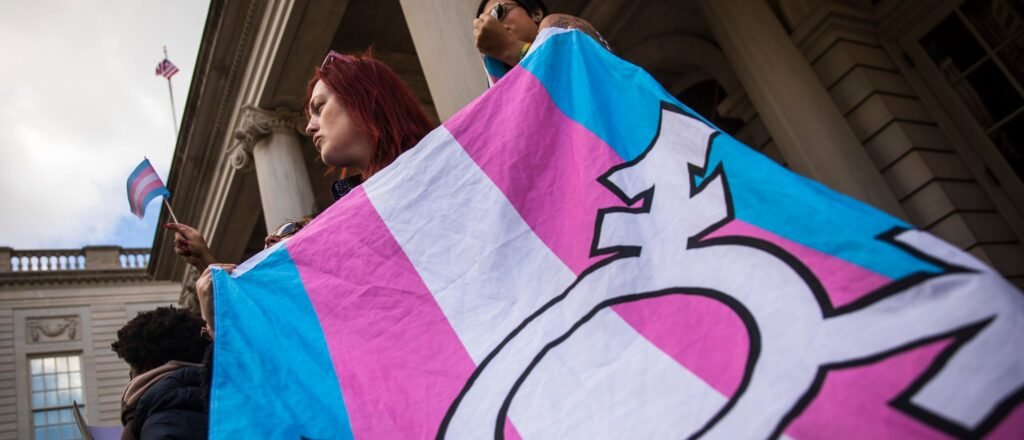A violent male inmate who identifies as transgender was moved to a male prison in June, even after being accused of sexually assaulting a female cellmate in the past. Records show that Christopher Scott Williams received a 28-year sentence for a first-degree assault, and in November 2019, his request for a transfer to a women’s prison was denied due to a history of violence against women. Yet, by late 2021, his request was approved, and just three months later, he allegedly assaulted cellmate Mozzy Clark.
Clark has since claimed that the state’s decision to house her with “male sexual predators” and its dismissal of her assault reports was a violation of her constitutional rights. According to her lawyer, David Pibtrack, given Williams’ violent past and the previous recommendation against his transfer to a women’s facility, it was foreseeable that placing him in a cell with female inmates would lead to serious consequences.
Williams was transferred back to a men’s prison in June 2025, stating his gender as female in official documents. However, due to privacy policies, the Washington Department of Corrections (DOC) hasn’t clarified the reasons behind his transfer. They mentioned that transfers can occur for various reasons, including security and treatment needs.
Attempts to reach Williams for comment weren’t successful, and it seems he currently lacks legal representation.
In a separate context, an advocate noted the trauma many incarcerated women face from male inmates and how their presence can trigger memories of past abuse. Williams had previously been denied a move to a women’s prison because of his violent track record, yet he had continued to request such a transfer, arguing safety concerns about being classified as male.
In December 2019, a committee concluded that he should remain in a male facility due to his history, opting for a single cell instead. Meanwhile, Williams insisted that male facilities weren’t safe for him and repeated requests to be moved were documented, citing fear of sexual exploitation.
In 2020, the Washington DOC adjusted its policy for housing transgender prisoners. The updated guidelines now consider a prisoner’s gender identity but prompted debates on safety among inmates. Williams’ request to be housed in a women’s prison was granted in late 2021, yet he faced a violation soon after his arrival.
Clark, who described Williams as a violent sexual offender, alleges he harassed her during their time together in the women’s prison. The case is expected to appear in court on October 26, 2026. Clark’s claims have been denied by prison staff involved in the situation, and while the DOC could not comment on the ongoing lawsuit, they emphasized the seriousness with which they treat assault allegations.
A representative criticized the state’s prioritization of the preferences of male sex offenders over the safety of women in custody, expressing concerns over what he sees as reckless adherence to a controversial ideology that neglects common sense.
In yet another development, the Washington DOC has undergone scrutiny and negotiations surrounding its treatment of transgender individuals, particularly concerning those with disabilities. A settlement agreement established rules to address the needs of these inmates, with provisions for compliance and financial support for the ongoing effort to improve conditions.
Attempts to contact Disability Rights Washington regarding further comments on this situation went unanswered.







